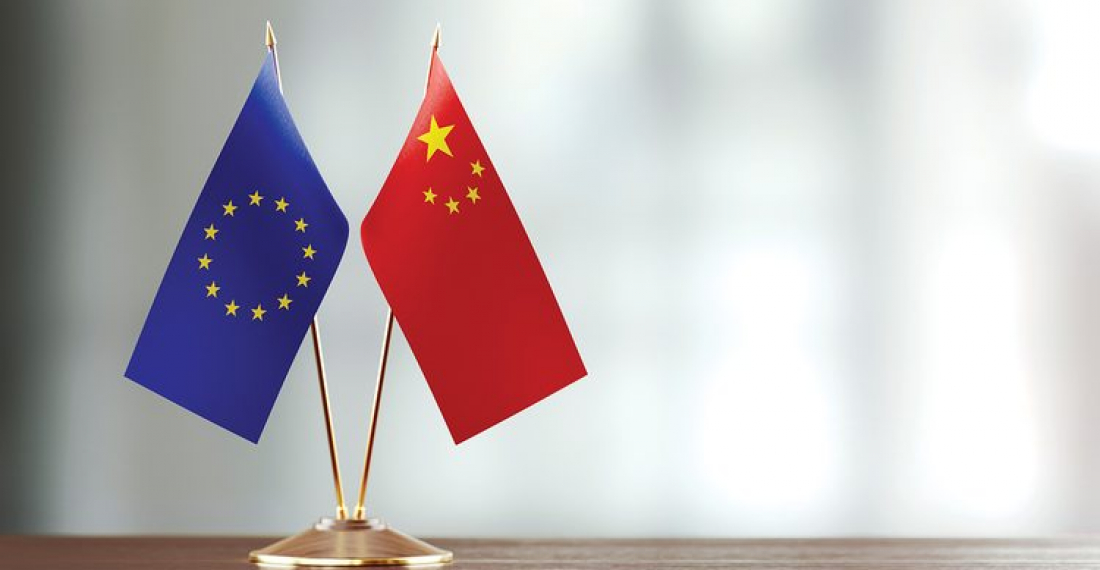The plan for European Foreign Affairs ministers' to discuss China's policy in Hong Kong has been dropped from the official agenda of a forthcoming meeting after opposition by EU member state Hungary. According to Reuters news agency Hungary objected to a discussion on China's new security law in Hong Kong.
The online meeting scheduled for next Monday (19 April) will go ahead, but without discussion of China. Recently, Hungary and also Greece have already blocked statements on China. Beijing has in recent years invested substantially in infrastructure projects in both countries in the framework of its Belt and Road Initiative.
The European Union has concerns about increasing interference from Beijing that limits democracy in Hong Kong and threatens human rights. Last Friday (16 April), Hong Kong media magnate Jimmy Lai Chee-Ying and nine other pro-democracy activists were sentenced to prison terms for organising and attending anti-government protests in 2019 and 2020.
Commenting on the prison sentences, the EU said on Friday (16 April) that "developments in Hong Kong call into question China's commitment to its international obligations. It also undermines trust and affects EU-China relations, according to EU High Representative for Foreign Affairs and Security Policy, Josep Borrell.
"Long prison sentences for non-violent protests by individuals exercising their civil rights are another sign of the continuing erosion of the democratic space and fundamental freedoms in Hong Kong," Borrell said.
The EU already imposed sanctions on China last month for violating the human rights of the Uighur minority in the province of Xinjiang. Beijing immediately responded with sanctions against Europe.







